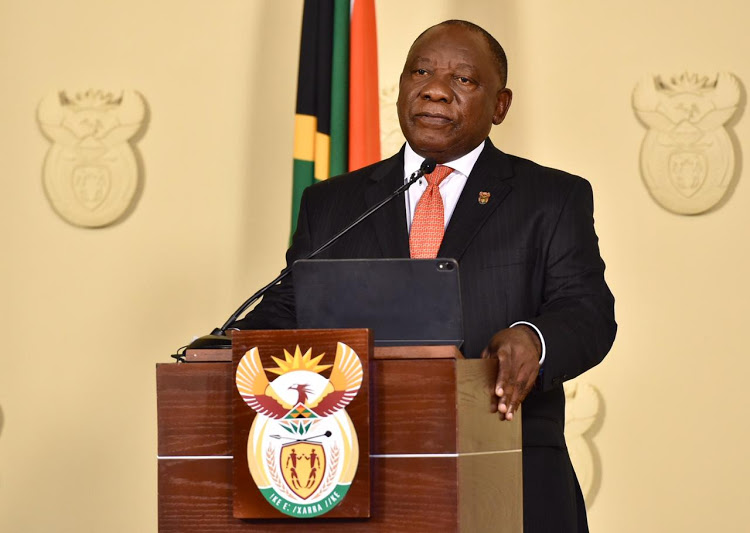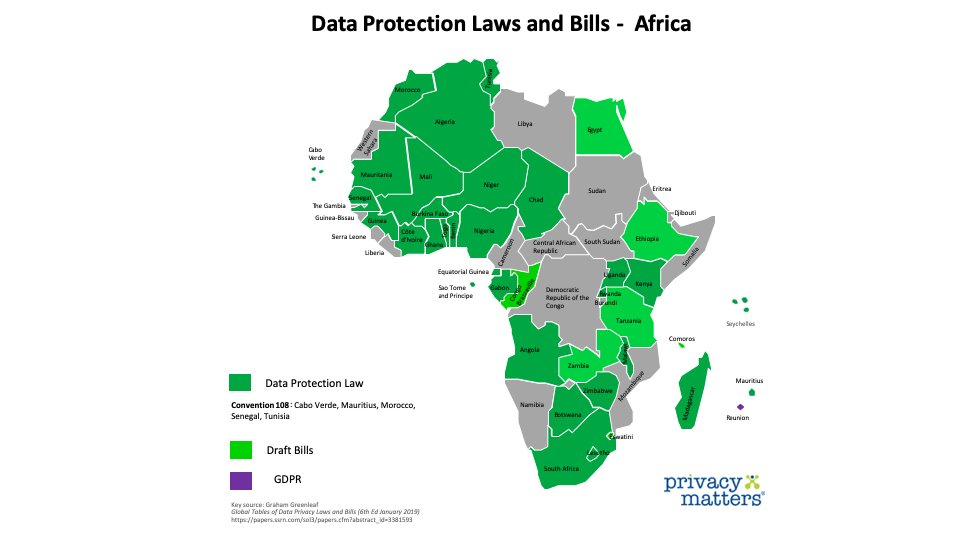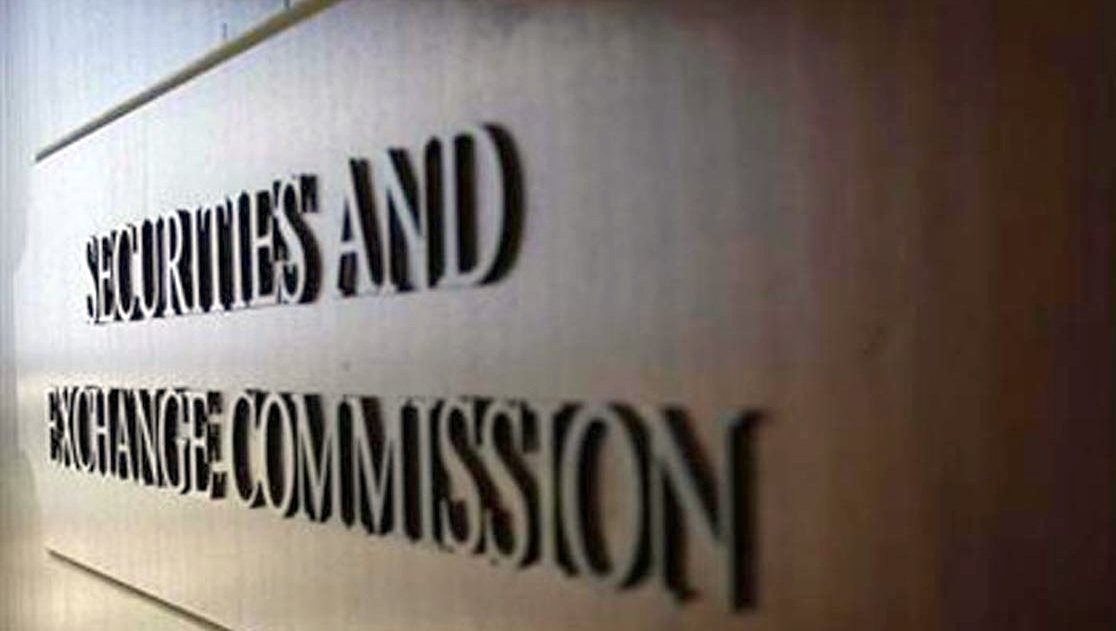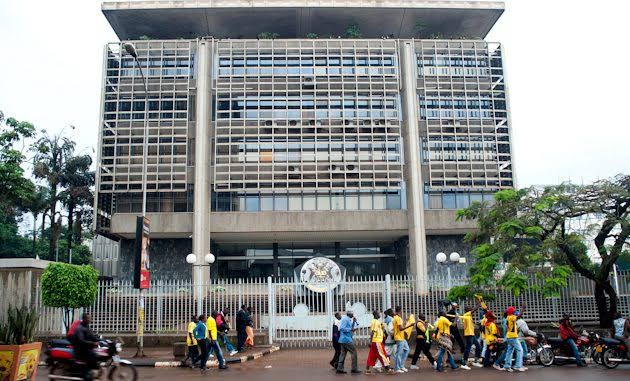South African President Signs New Cybercrimes Law
The South African President Cyril Ramaphosa has signed the Cybercrimes Bill into law which has brought to focus certain aspects of the law many people are oblivious of. Now an act of parliament, the bill seeks to bring the country’s cybersecurity laws in line with the rest of the world.
One of the features of the new bill is the creation of offences and the criminalisation of, amongst others, the disclosure of data messages which are harmful.

What this means is that if you send someone a WhatsApp message containing illegal material or with violent intentions, you can now be prosecuted for it.
Read also:Cybersecurity Experts Warn of New SMS Phishing Scheme Spreading Worldwide
What this means is that if you send someone a WhatsApp message containing illegal material or with violent intentions, you can now be prosecuted for it.
Examples of data messages now criminalised include:
Messages which incite violence or damage to property.
Messages which threaten persons with violence or damage to property.
Messages which contain an intimate image sent without the subject’s consent.
However, this isn’t just limited to WhatsApp. Sending any of these kinds of messages to someone over any online platform can land you in hot water.
Other offences that can land you with jail time or a hefty fine include cyber fraud, extortion and theft of incorporeal property (which includes digital property), according to Ahmore Burger-Smidt, director and head of Data Privacy Practice at Werkmans Attorneys.
“The unlawful and intentional access of a computer system or computer data storage medium is also considered an offence along with the unlawful interception of or interference with data,” says Burger-Smidt.
Read also:Growing Cycbersecurity Challenges is a Threat to Africa
“This creates a broad ambit for the application of the Cybercrimes Act which defines ‘data’ as electronic representations of information in any form.”
Being convicted for one of these offences under the new Cybercrimes Act will make you liable to either a fine or to be imprisoned for a period of up to 15 years. You can also be fined and face jail time, depending on the seriousness of the offence.
Other Insights from the New Cybercrimes Bill
Burger-Smidt continues to say that the Cybercrimes Act will also mean important changes for electronic communications service providers and financial institutions to take into serious account. One of which is an obligation to assist the government in the investigation of cybercrime. These obligations include the providing of data, hardware, applications, or any other particular to the courts during investigations.
Read also: Netherlands Lifts Flight Ban From South Africa
“There is also a reporting duty on electronic communications service providers and financial institutions to report, without undue delay and where feasible, cyber offences within 72 hours of becoming aware of them.”
“A failure to do so may lead to the imposition of a fine not exceeding R50,000 ($3674.36),” Burger-Smidt said.
Kelechi Deca

Kelechi Deca has over two decades of media experience, he has traveled to over 77 countries reporting on multilateral development institutions, international business, trade, travels, culture, and diplomacy. He is also a petrol head with in-depth knowledge of automobiles and the auto industry
























